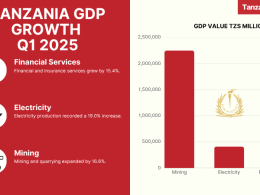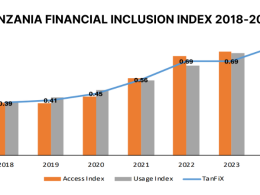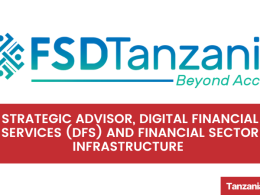Financial inclusion in Tanzania has reached 86% in September 2016, up from 16% in 2009.
This was indicated in a recently published survey titled “Money Matters: Citizens and Financial Inclusion”, by Twaweza, a citizen-centered initiative, focusing on large-scale change in East Africa.
The survey also finds that while growth in access to banking has been slow but steady, from 9% of adults to 22% over the same period, use of mobile money reached 80% in 2016, compared to only 1% in 2009.
“Banks remain largely a service used by small and relatively wealthy urban elite. Eight out of ten (81%) of the unbanked argue that they don’t have enough money to justify opening or maintaining a bank account […] In contrast, mobile money services are accessible to the vast majority of Tanzanian citizens, with clear signs that access to mobile money among the poor and in rural areas is catching up with their richer and urban counterparts,” Twaweza notes.
The survey also indicates that the rapid growth of mobile money could also be a blessing in disguise for the financial sector as banks may be forced to be more innovative to keep up with the new trends and avoid being muscled out.
“This ripple effect is already taking place as on 1st November this year, the National Microfinance Bank (NMB) partnered with Tigo Tanzania and Airtel Money to support availability of both cash and e-money (floats) to mobile money agents to smoothly run their business without the liquidity issues which most agent face,” Twaweza notes.
According to the survey, this partnership demonstrates how the banks and mobile communications companies can support financial inclusion and demonstrates the need for adaption and innovation from banks to address the changing way of doing business.
The survey concludes: “[…] broadening access to financial services will mobilize greater household savings, marshal capital for investment, expand the class of entrepreneurs, and enable more people to invest in themselves, their families and their community.”











